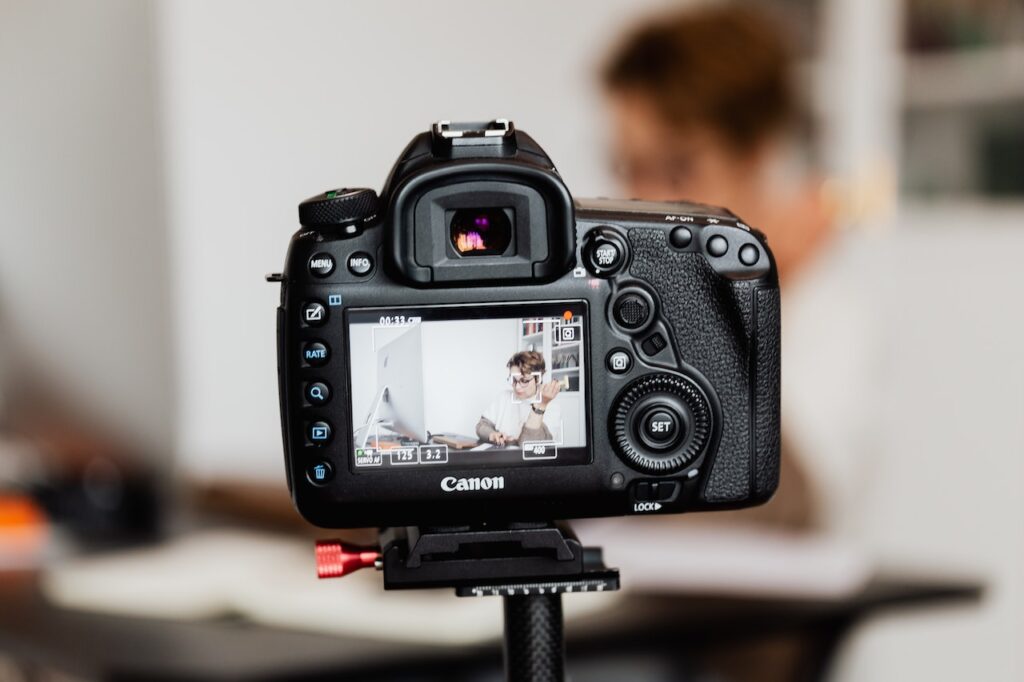Media training is essential for anyone looking to secure major TV interviews and make a lasting impression on their audience.
However, some common mistakes can undermine your media presence and detract from your message.
In this article, we’ll discuss the top media training mistakes to avoid, ensuring that you present a polished and professional image during interviews.
-
Being unprepared
One of the most significant mistakes to avoid is going into an interview unprepared. Research the media outlet, journalist, and audience beforehand, and prepare talking points, potential questions, and responses. Practice your delivery and ensure that you’re well-versed in your subject matter.
-
Overloading your message with jargon
While industry-specific terms and jargon may be familiar to you, they can confuse or alienate your audience. Speak in clear, concise language that is easily understood by a broad audience, ensuring that your message resonates with as many people as possible.
-
Ignoring body language and non-verbal cues
Your body language and non-verbal cues can significantly impact your audience’s perception of you. Be mindful of your posture, facial expressions, and gestures, ensuring they convey confidence, approachability, and professionalism.
-
Failing to control the interview
During an interview, it’s essential to maintain control and guide the conversation toward your key messages. Avoid getting sidetracked by irrelevant topics or allowing the interviewer to dictate the narrative. Politely redirect the conversation when necessary and stay focused on your objectives.
-
Being overly defensive or argumentative
It’s natural to feel defensive when faced with challenging questions, but it’s crucial to maintain a calm, composed demeanor. Avoid becoming argumentative or confrontational, as this can damage your credibility and alienate your audience. Instead, address difficult questions with poise, confidence, and respect.
-
Relying on “no comment” or evading questions
Dodging questions or resorting to “no comment” can create the impression that you’re hiding something or being evasive. Rather than avoiding difficult questions, address them head-on with a well-prepared response or pivot to a related topic that supports your message.
-
Speaking too fast or too slow
Your speaking pace can significantly affect your audience’s ability to understand and retain your message. Avoid speaking too quickly or too slowly and aim for a comfortable pace that allows your audience to follow along easily.
-
Not practicing on-camera techniques
If your interview is on camera, be sure to practice on-camera techniques, such as looking directly into the lens or directly at an interviewer, maintaining good posture, and using natural gestures. This will help you come across as more confident and polished during the interview.
-
Neglecting to promote the interview
Maximize the impact of your media exposure by actively promoting the interview on your website, social media channels, and through your professional network. Failing to do so can limit the reach and effectiveness of your media presence.
-
Failing to learn from experience
Every interview is an opportunity to learn and improve your media skills. Reflect on your performance, identify areas for improvement, and actively work on refining your approach for future interviews. It can also be helpful to do a media debriefing with a media trainer for an objective analysis and critique of your performance.
By avoiding these common media training mistakes, you can ensure a polished and professional media presence that effectively conveys your message and resonates with your audience.
Practice makes perfect – so invest time and effort in honing your media skills, and you’ll be well-equipped to make a lasting impression during high-profile interviews.



